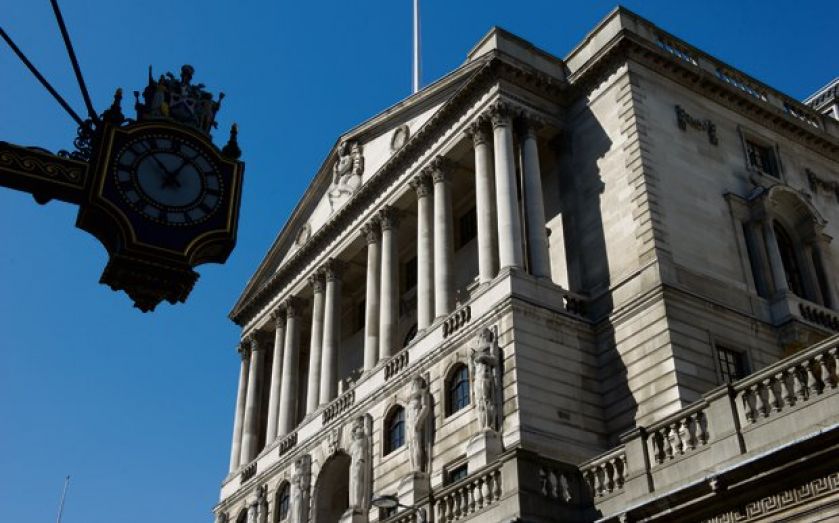CNBC Comment: Strong sterling could swing Bank on rates

IF YOU’RE thinking about going abroad soon, the good news is that the pound just keeps getting stronger. Although the rally took a breather yesterday, sterling is up at five-year highs against a basket of currencies, and up near a three-year peak versus the dollar.
This is being driven by two factors. On the one hand, frozenomics (the effect of poor weather) is causing US data to be weaker than expected. On the other, there’s been continuing reaction to the Bank of England raising its growth target for 2014 to 3.4 per cent from 2.8 per cent, and its acknowledgement that rates could rise next year if inflation is on target. Some investors believe the Bank is still behind the curve, and have begun pricing in a potential hike at the end of this year. But the more traders price this in with a stronger currency, the less likely that outcome may become.
Today, we’ll get the latest on consumer price inflation. The consensus is that it’s set to fall below 2 per cent, and the signs are that input price pressures have also eased for business. The pound’s strength is going to have a big influence on what happens from here. The stronger it gets, the less inflation we’re likely to have.
The Monetary Policy Commitee (MPC) may have concerns about sterling strength hurting exports. I am far more relaxed. As former OBR member Geoffrey Dicks has observed, one thing we learnt from the pound’s weakness is that it didn’t have anywhere near the impact on exports that had been hoped. The same may hold true for a stronger pound. The UK should not be competing on price, but on higher value goods and services. Germany was always competitive with a stronger mark and, although the Mittelstand may complain about an overvalued euro, it hasn’t stopped them exporting. Indeed, the CBI industrial trends survey on Thursday should suggest that the UK manufacturing recovery is on track, despite the currency.
But before that, on Wednesday we’ll get minutes from the MPC’s last meeting. Discussion around the new phase of forward guidance will be a big focus, with the MPC now considering a range of measures around slackness in the labour market, rather than using the jobless rate as a single indicator. This doesn’t guarantee rates will stay on hold. But if inflation is to fall more and stay low, I would agree with a proposal from Capital Economics. The consultancy suggests that we should “reduce the risk that the Committee responds to dubious measures of spare capacity” and allow it to “explore the scope for economic expansion”, one of the original aims of forward guidance.
In that respect, the pound’s strength could prove to be the swing factor.
Ross Westgate co-presents CNBC’s Worldwide Exchange. Follow Ross on Twitter @rosswestgate